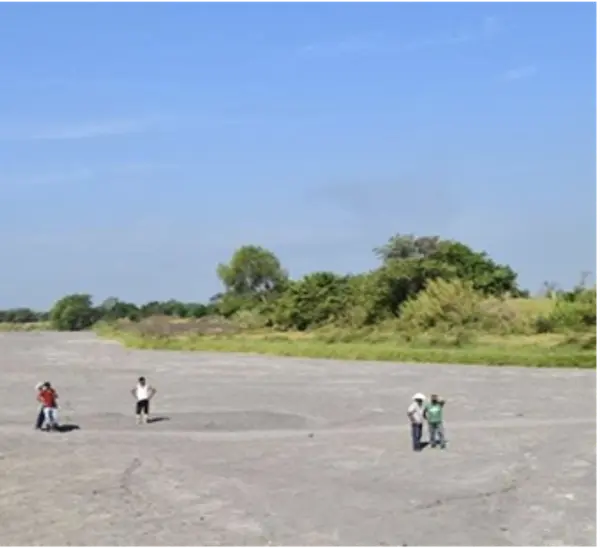Equitable Access: Assessing Food, Energy, and Water Nexus Issues in Guatemala

Edwin Castellanos
Universidad del Valle de Guatemala
Equitable access to sufficient, safe, and sustainable food, energy, and water in the face of climate change, population growth, and global health crises are critically important to our collective future, particularly in developing regions. While food, energy, and water are all interconnected—water and energy is needed for food to grow, food and water are used to produce energy, and energy is needed to produce clean water and safe food—issues are often studied and addressed in isolation. In our recent paper, we explore the state of food, energy, and water (FEW) nexus research in Guatemala to highlight progress and point out future research needs.
Our systematic literature review shows that only 20% of peer-reviewed articles and grey literature published from 2000 to 2020 focused on integrated food, energy, and water systems in Guatemala. We also identified that Guatemalan research focuses mostly on three separate, yet related spheres: clean water and sanitation, climate change and renewable energy, and urbanization and modernization.
Further expanding initiatives that simultaneously address these three spheres would yield improved understanding of the interconnected roles that food, energy, and water play in improving the resiliency of natural resources and reducing multidimensional poverty in Guatemala. For example, although Guatemala is a country with abundant water, there is variation in the seasonal and spatial distribution of water, along with access.
If FEW nexus issues are tackled in an integrated way, more equitable environmental policies will ensure that the people of Guatemala have access to sustainable resources.
For more information on our research, check out the open access article Food, Energy, and Water Nexus Research in Guatemala – A Systematic Literature Review or the brief success story below on the Madre Vieja River.
Learn more about our work related to the FEW Nexus and Climate Change

The Madre Vieja River in Guatemala in 2016 – A Success Story of Stakeholder Engagement to Address the Need for Integrated Water Monitoring for Agriculture and Residents.
It is not uncommon for rivers in the Pacific lowlands in Guatemala to go dry due to irrigation water withdrawals for producing cash crops. In 2015 and 2016, a long El Niño event contributed to about 8 years of drier weather in the region. With the Madre Vieja river completely dry, local community protests led to stakeholder discussions and a WhatsApp communication and monitoring system that ask users to close irrigation systems when levels drop below an agreed-upon threshold. Water management improvements were made when local stakeholders coordinated on practical ways to address seasonal water shortages exacerbated by crop irrigation needs.
Edwin Castellanos is the director of the Sustainable Economic Observatory at Universidad del Valle de Guatemala, a research center with the goal of serving as facilitator to bring scientific knowledge to policy making. His research focuses on adaptation to climate change by rural communities.